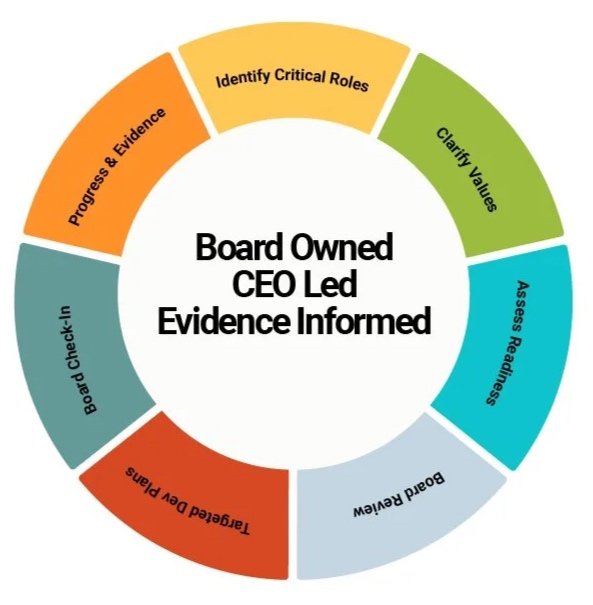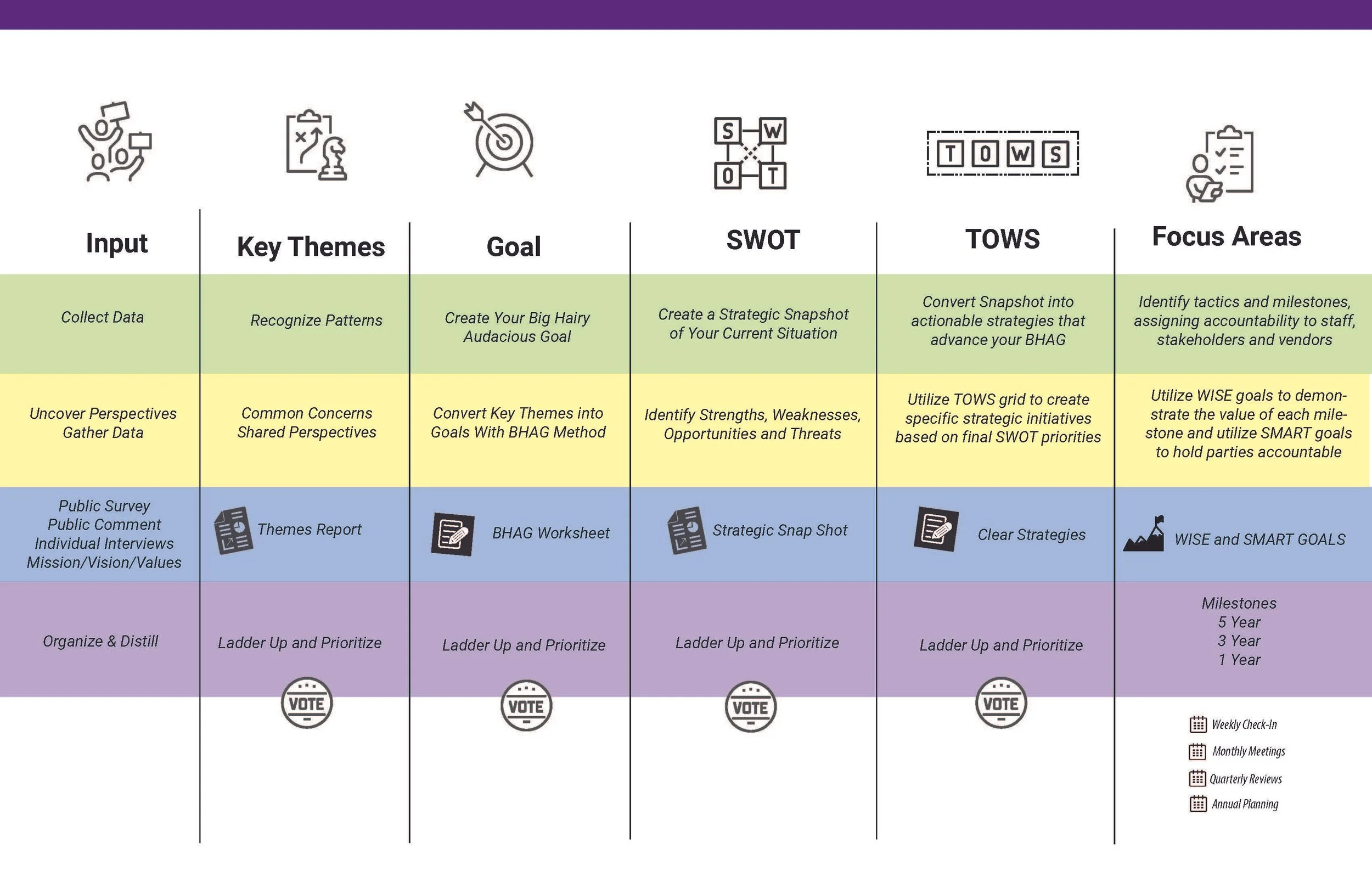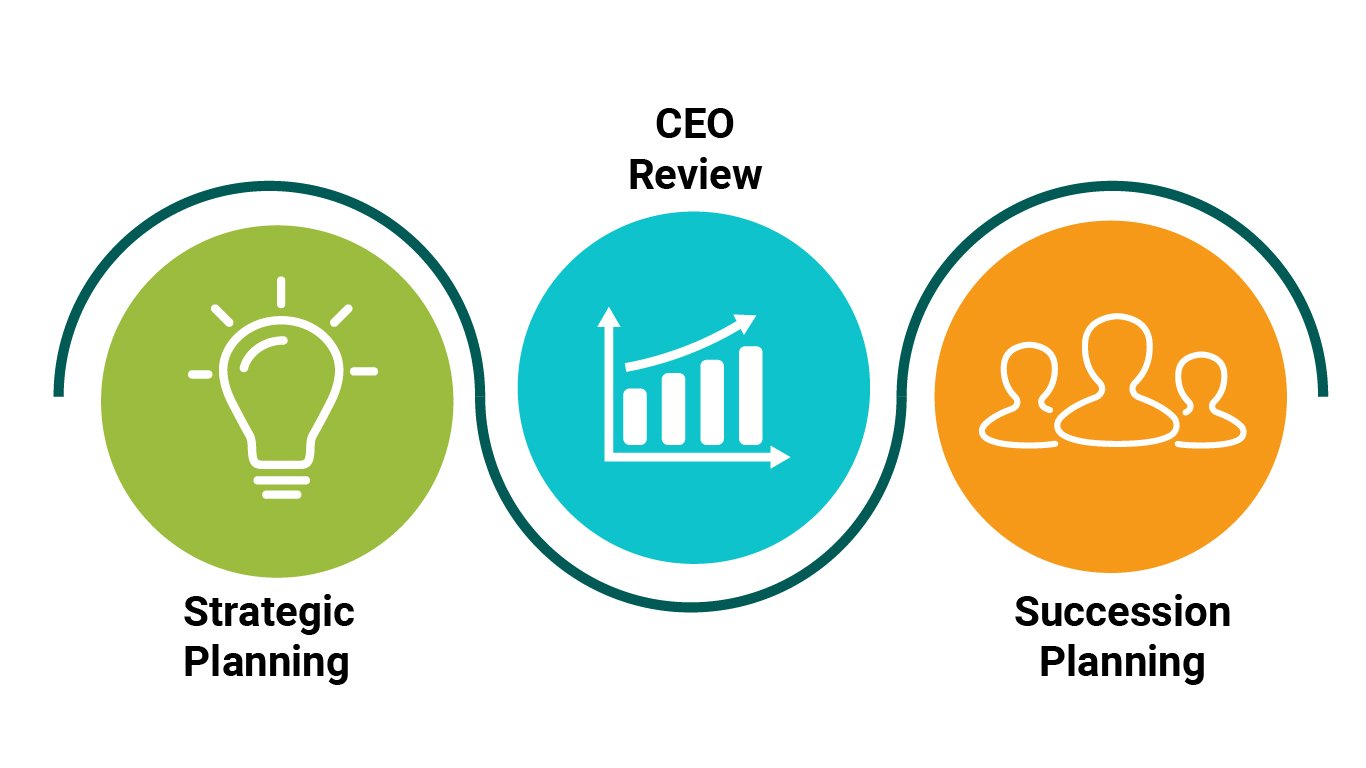




Unlocking Your Inner Potential: Lessons from “The Ant and the Elephant”
In his thought-provoking book “The Ant and the Elephant” Vince Poscente delivers a compelling metaphor for understanding and harnessing the power of our conscious and subconscious minds.

Development Activities to Build Skills and Competencies in Succession Candidates at a Bank
Succession planning is a crucial aspect of talent management within banks, ensuring a smooth transition of leadership roles and maintaining organizational continuity. Developing a pool of succession candidates with the necessary skills and competencies is essential for the long-term success and sustainability of financial institutions.

Factors to Consider in Evaluating a Banking Succession Candidate's Competencies, Skills, and Experience
Succession planning in the banking industry is a strategic imperative to ensure a seamless transition of leadership roles and maintain organizational resilience. Identifying the right succession candidate requires a thorough evaluation of competencies, skills, and experience to determine their readiness to assume higher responsibilities within the organization.

Reviewing a Bank's Talent Allocation and Investment Needs
A strategic review of a bank's talent distribution, skill sets, and resource allocation is essential for identifying strengths, gaps, and opportunities for investment in human capital.

Identifying Readiness for Advancement in a Banking Career and Preparing for the Next Step
Advancing in a banking career is a significant milestone that requires careful consideration, preparation, and assessment of readiness.

Cost Analysis of Filling Bank Positions Internally vs. Externally
In the ever-evolving landscape of the banking industry, one critical decision that financial institutions must grapple with is how to fill vacant positions within their organizations. The common dilemma often revolves around whether to promote talent from within (internal recruitment) or hire external candidates to meet staffing needs.

Fair, Equal, and Legal
Everyone wants to team up with a leader who is fair, equal and legal. Unfortunately, most people tend to use these three concepts synonymously, when in reality, they’re very different.


Is Your Organization Ready for Emotional Intelligence Training?
Employee performance, conflict resolution, stress management and strategy improvements are all benefits that come from EQ training.

Positive to Negative Ratio
Author and leadership guru Ken Blanchard notes that for a manager to be perceived as a positive manager, their positive interactions must far outweigh their negative interactions.

What does progress look like?
The key to making peace with quirky progress lies in understanding non-consecutive successes.

How are you feeling?
Feelings are not facts, but they can help inform future actions when handled appropriately.

Who wins an argument?
Successful leaders know that the only way to win an argument is to never have one.

Think you’re good at multi-tasking? Think again.
Our desire to do more faster has driven us to extremes in the world of mechanical and automated processes. It’s only natural that we look to better ourselves as operators, but new research tells us that we’ve fooled ourselves with the entire concept of multi-tasking.
